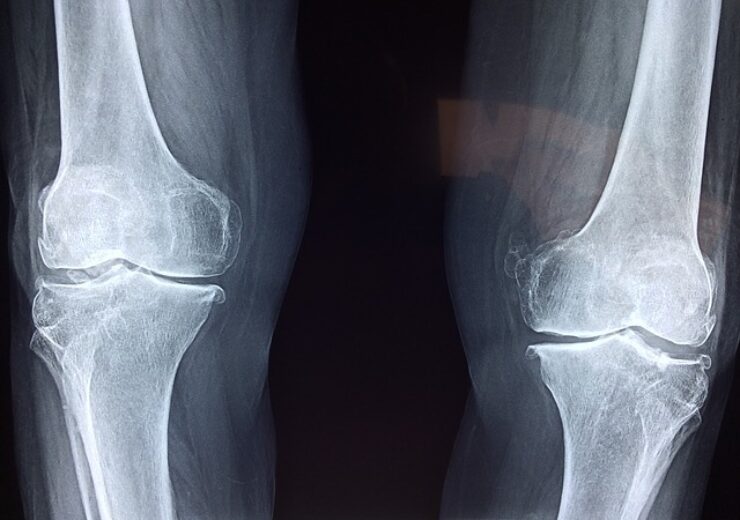The bioresorbable 3D printed cage enables to prevent leg amputations in patients with severe lower leg fractures

Osteopore and Maastricht UMC+ have developed bioresorbable bone implant. (Credit: Dr. Manuel González Reyes from Pixabay)
Singapore-based Osteopore International has teamed up with Netherlands-based Maastricht University Medical Centre (UMC+) for the development of a bioresorbable bone implant solution to prevent leg amputations.
Claimed to be the first-of-its-kind, the bioresorbable 3D printed cage has been developed to prevent leg amputations in patients with severe lower leg fractures.
The 3D printed cage, which enables to regenerate new bone cells, has been successfully implanted in its first patient in the Netherlands.
Osteopore stated that the patient is on track since implantation to experience complete bone regrowth as the 3D printed cage becomes gradually replaced by the patients’ bone over a period of four months.
The 3D printed cage is manufactured in Singapore
Developed using Osteopore’s 3D printing and materials technology, the 3D printed cage is made of biodegradable material and manufactured in Singapore. It allows customisation based on a computed tomography (CT) scan of the patient’s lower leg.
The 3D printed cage is designed to activate the patient’s new bone cells to grow within it. It will eventually break down into water and carbon dioxide and is replaced by the patient’s own regrown bone tissue.
Osteopore has established a partnership with the National Additive Manufacturing Innovation Cluster (NAMIC) to upscale clinical adoption as well as to increase the clinical base in adoption for 3D printed bioresorbable implants.
Osteopore is an Australian ASX listed company that focuses on the manufacturing of advanced regenerative implants at a commercial scale.
The company integrates biomimetic tissue science with 3D printing and materials technology to produce medical implants to meet the requirements of both tissue and bone reconstruction, as well as restoration.
In June 2020, NuVasive expanded its complex spine portfolio with the commercial introduction of Reline 3D posterior fixation system to treat patients with paediatric spinal deformities.
